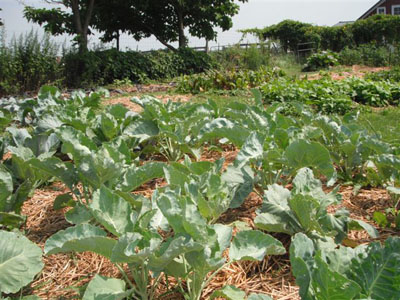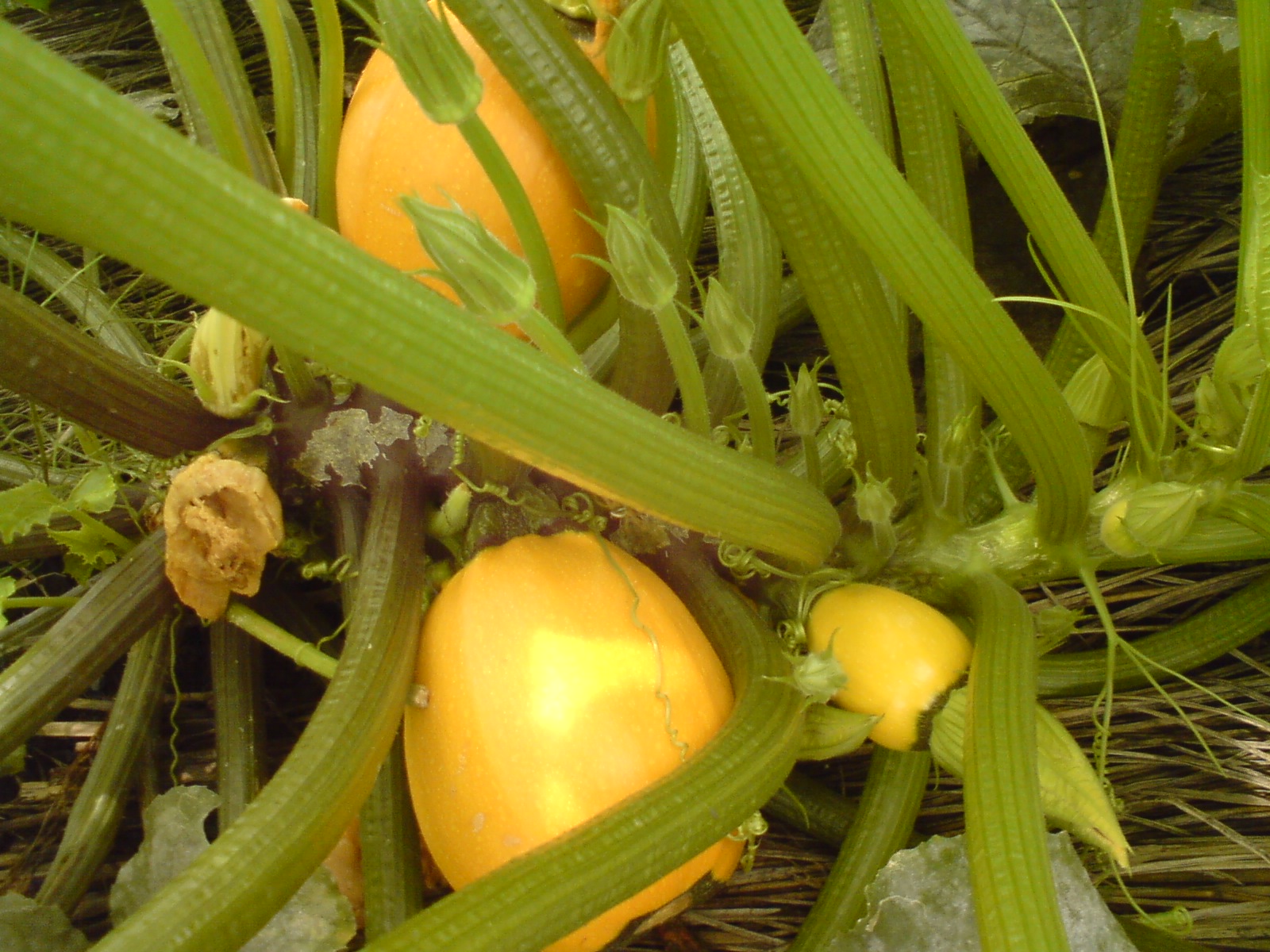Agriculture Articles Detail
Traditionally farming involves low levels of labor in relation to the land farmed. Here the inputs like seeds, man hours, organic fertilizers, and other farming allied resources as well as the output (yield) is relatively low as compared to intensive farming. Traditional farming methods like organic farming or extensive agriculture work on the premise to ensure health of the farm land in terms of its longevity, and a high natural nutrient value. The concept of resting the land after each harvest to give it time to recuperate itself through natural processes is also a major feature of sustainable agriculture. With a changing scenario in the population curve that has just been climbing upwards and the need to support them through a large yield, traditional farming practices were forced to make way for intensive farming.
The concept of intensive farming is not new, its indiscriminate use is. By 5000 BC, the Sumerians, who were highly practiced in the art of conducive agriculture had developed agricultural techniques that involved intensive farming, methods such as animal driven land cultivation, mono-cropping, organized irrigation, domestication of wild crop into edible ones, etc. The Middle Ages saw the use of hydraulic and hydrostatic principles for irrigating land; water-raising machines, dams and reservoirs, along with the three field system of crop rotation. A rapid rise in industrialization saw the Green Revolution in the late 19th and 20th centuries, where machines like the tractor were introduced to speed up the agricultural process.
Traditionally farming involves low levels of labor in relation to the land farmed. Here the inputs like seeds, man hours, organic fertilizers, and other farming allied resources as well as the output (yield) is relatively low as compared to intensive farming. Traditional farming methods like organic farming or extensive agriculture work on the premise to ensure health of the farm land in terms of its longevity, and a high natural nutrient value. The concept of resting the land after each harvest to give it time to recuperate itself through natural processes is also a major feature of sustainable agriculture. With a changing scenario in the population curve that has just been climbing upwards and the need to support them through a large yield, traditional farming practices were forced to make way for intensive farming.
The concept of intensive farming is not new, its indiscriminate use is. By 5000 BC, the Sumerians, who were highly practiced in the art of conducive agriculture had developed agricultural techniques that involved intensive farming, methods such as animal driven land cultivation, mono-cropping, organized irrigation, domestication of wild crop into edible ones, etc. The Middle Ages saw the use of hydraulic and hydrostatic principles for irrigating land; water-raising machines, dams and reservoirs, along with the three field system of crop rotation. A rapid rise in industrialization saw the Green Revolution in the late 19th and 20th centuries, where machines like the tractor were introduced to speed up the agricultural process.
Agriculture Articles
Agriculture Articles
Agriculture Articles
Agriculture Articles
Agriculture Articles
Agriculture Articles
Agriculture Articles
Agriculture Articles
Agriculture Articles
Agriculture Articles
Agriculture Articles
Agriculture Articles
Agriculture Articles
Agriculture Articles
Agriculture Articles
Agriculture Articles
Agriculture Articles
Agriculture Articles
Agriculture Articles
Agriculture Articles



















No comments:
Post a Comment